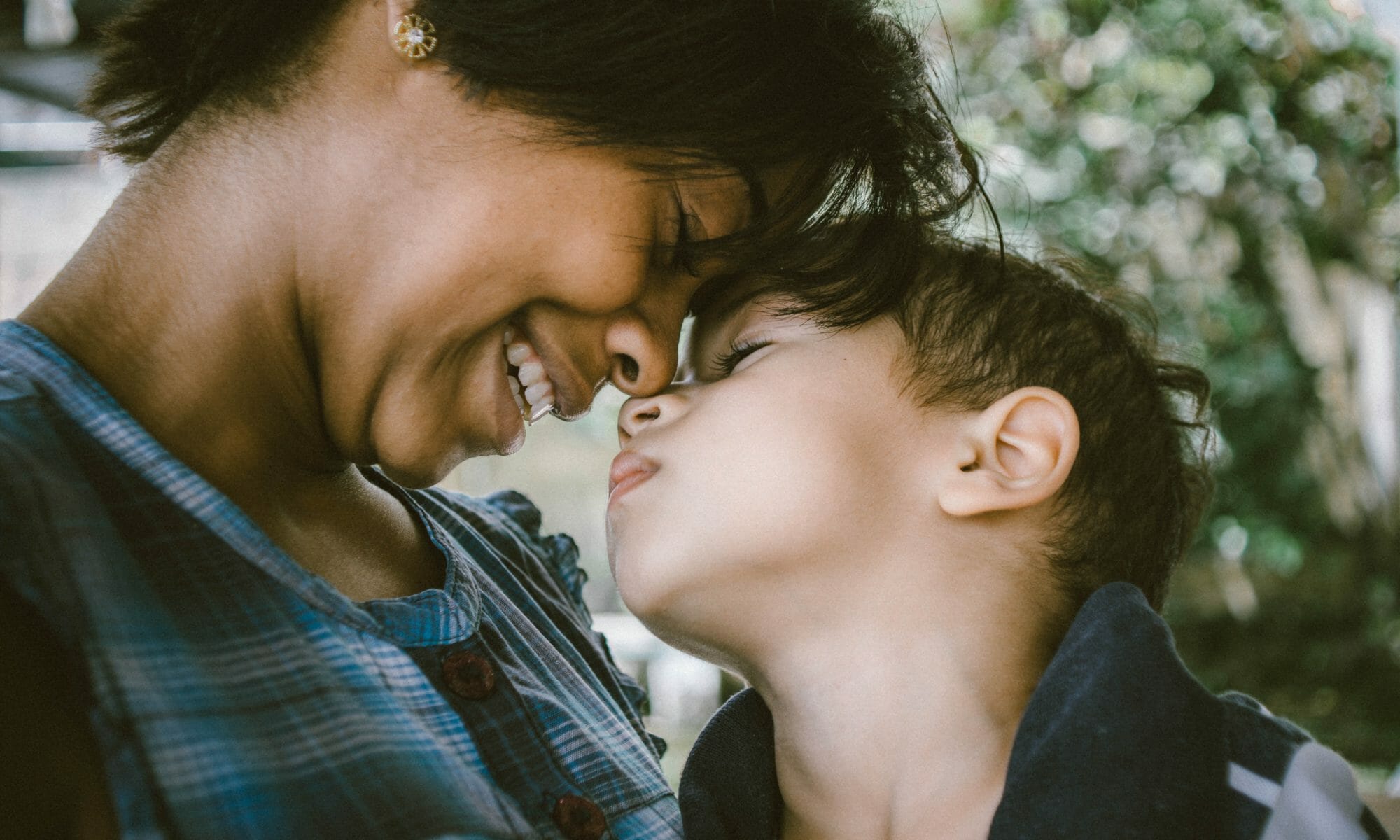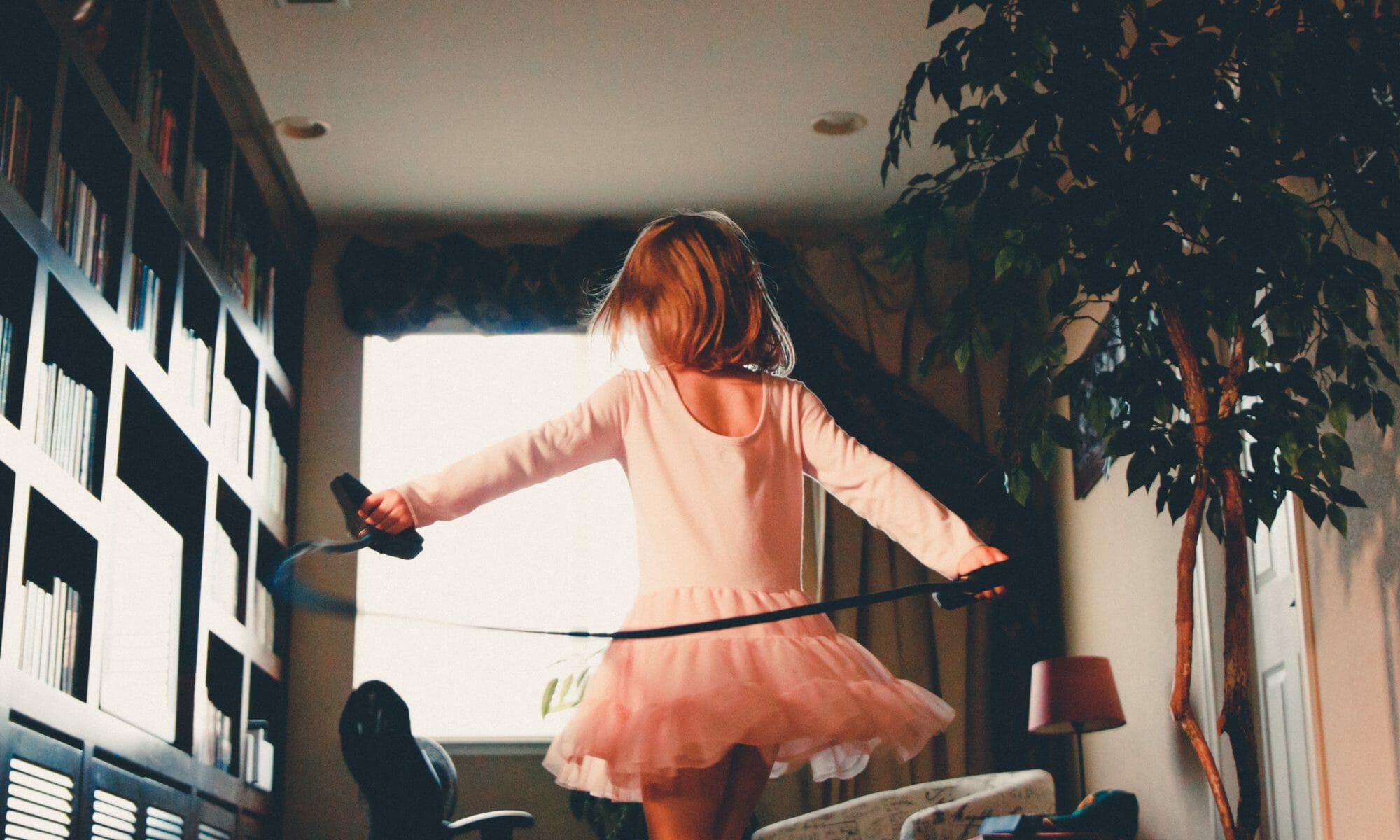Relocating with children after a separation or divorce can be a daunting and emotionally charged experience. It involves navigating complex legal considerations, communicating effectively with your former partner, and ensuring your children’s well-being throughout the transition. This comprehensive guide aims to provide you with practical insights and strategies to make this journey as smooth as possible.
The Challenges of Relocating with Children After Separation/Divorce
Relocating with children after a separation or divorce can be very challenging. Legally, parents must work out custody arrangements and get court approval. Emotionally, children may not want to move, and parents may feel guilty and worry about how their children will adjust to a new place. Balancing your own feelings with your children during this difficult time can be very overwhelming.
Legal Considerations
Before you move with your children, you need to know the legal rules. Depending on your custody agreement and how far you plan to move, you might need permission from your ex-partner or the court. Talking to a family lawyer can help you understand the process and follow the law. For a custodial parent to relocate smoothly, both parents must agree on the move and new custody arrangements.. This agreement needs to be written down and approved by a judge. If the other parent disagrees, you may need mediation or a court decision.
What the Court Looks At
The court checks several things:
- Existence of a relocation clause in the agreement: Any prior agreements between the parents may include provisions regarding relocation, which the court will take into account.
- Custodial parent’s motivation for relocation: The reason for the move must be significant, such as a job opportunity or remarriage.
- Noncustodial parent’s motivation for objecting to the relocation: The objection must be reasonable, such as concerns about the impact on their relationship with the child.
- Quality of the child’s relationship with either parent: The strength of the bond between the child and each parent will be evaluated.
- Relocation effects on visitation/parenting time with the noncustodial parent: The court will consider how the move will affect the current visitation schedule and whether it can be adjusted to maintain the relationship with the noncustodial parent.
- Economic, emotional, and educational benefits of relocation for the child: The potential positive impacts of the move on the child’s overall well-being will be assessed.
- Financial and emotional benefits of relocation for the custodial parent: The advantages for the custodial parent, which may indirectly benefit the child, will also be taken into account.
- Ability to suitably modify visitation arrangement to preserve the noncustodial parent’s relationship with the child: The court will look for ways to adapt visitation schedules to ensure ongoing contact with the noncustodial parent.
- The child’s preferences: If the child is of sufficient age and maturity, their own wishes regarding the move will be considered.
Communicate with your ex-partner about the relocation
If you don’t have any legal restrictions, tell your ex-partner about your decision to move as soon as possible. Talk to them about the whole plan, especially about how it affects your kids. Good communication is very important when you are moving with children. Be kind and ready to compromise. Explain why you need to move, listen to their worries, and try to find solutions that are best for your kids. Keeping an open conversation can help reduce problems and make the move easier for everyone.
Minimize the impact of relocation on children
While relocation can disrupt routines and social circles, minimizing its impact on children is possible. Involve them in decisions, listen to their worries, and explain the move in an age-appropriate way. Keep their routines as normal as possible and help them stay in touch with friends and family using technology or by saying goodbye.
Help your kids get used to the new place. Moving can be hard for your kids, especially if they’re leaving behind familiar places and friends. To make the move smoother, show them around the new neighborhood, school, and local spots. Encourage them to explore and join activities they like. Help them make new friends and build a support network.
Tips for co-parenting during and after relocation
Co-parenting effectively during and after relocation is crucial for your children’s well-being. Here are some key tips to help you navigate this challenging period:
Establish Clear Communication Channels with the other parent
Ensure consistent communication by regularly updating your former partner on important matters related to your children, such as school progress, health issues, and extracurricular activities. You can use technology like video calls, emails, or 2houses co-parenting apps to facilitate smooth and efficient communication. Always try to maintain a respectful tone in all interactions, focusing on the best interests of your children rather than past conflicts.
Develop a Comprehensive Parenting Plan
You and your partner can make a plan together for how you will spend time with the kids. Make sure that plan works for everyone. Consider the distance and travel arrangements to ensure the plan is realistic and manageable. Also, make it clear how decisions will be made about your kids’ schooling, health care, and other important things. Decide if you will make these choices together or if one parent will be in charge of certain things. The most important thing is to create a routine for the kids at both your homes. That way, whenever they are, they will feel safe and loved.
Seek Support
Don’t hesitate to seek support from friends, family members, or professional services during this time.They can provide invaluable support, whether it’s listening to your concerns, helping with logistics, or offering practical advice. Also, you can join support groups or online forums for separated or divorced parents. This can be a big help because people who understand your position can provide you with the opportunity to share your experiences and solutions for coping with the challenges you are facing during and after relocation with your kids.
Focus on Co-Parenting Teamwork
Focusing on co-parenting teamwork is essential for the well-being of your children, especially during times of transition. Present a unified front when it comes to parenting decisions and rules, ensuring consistency that reinforces both parents’ commitment to their children’s welfare. Be prepared to be flexible and make compromises, as relocation often brings unexpected challenges. Working together to find solutions is crucial for maintaining a stable and supportive environment for your children.
By following these tips, you can help ensure that your children feel supported and loved during and after the relocation process, making the transition smoother for everyone involved.




